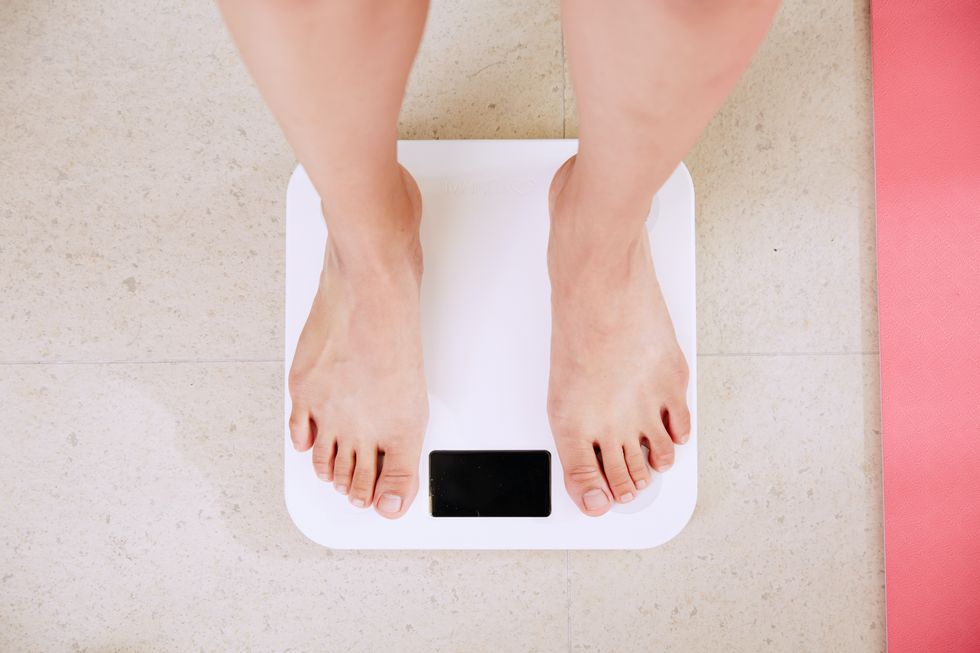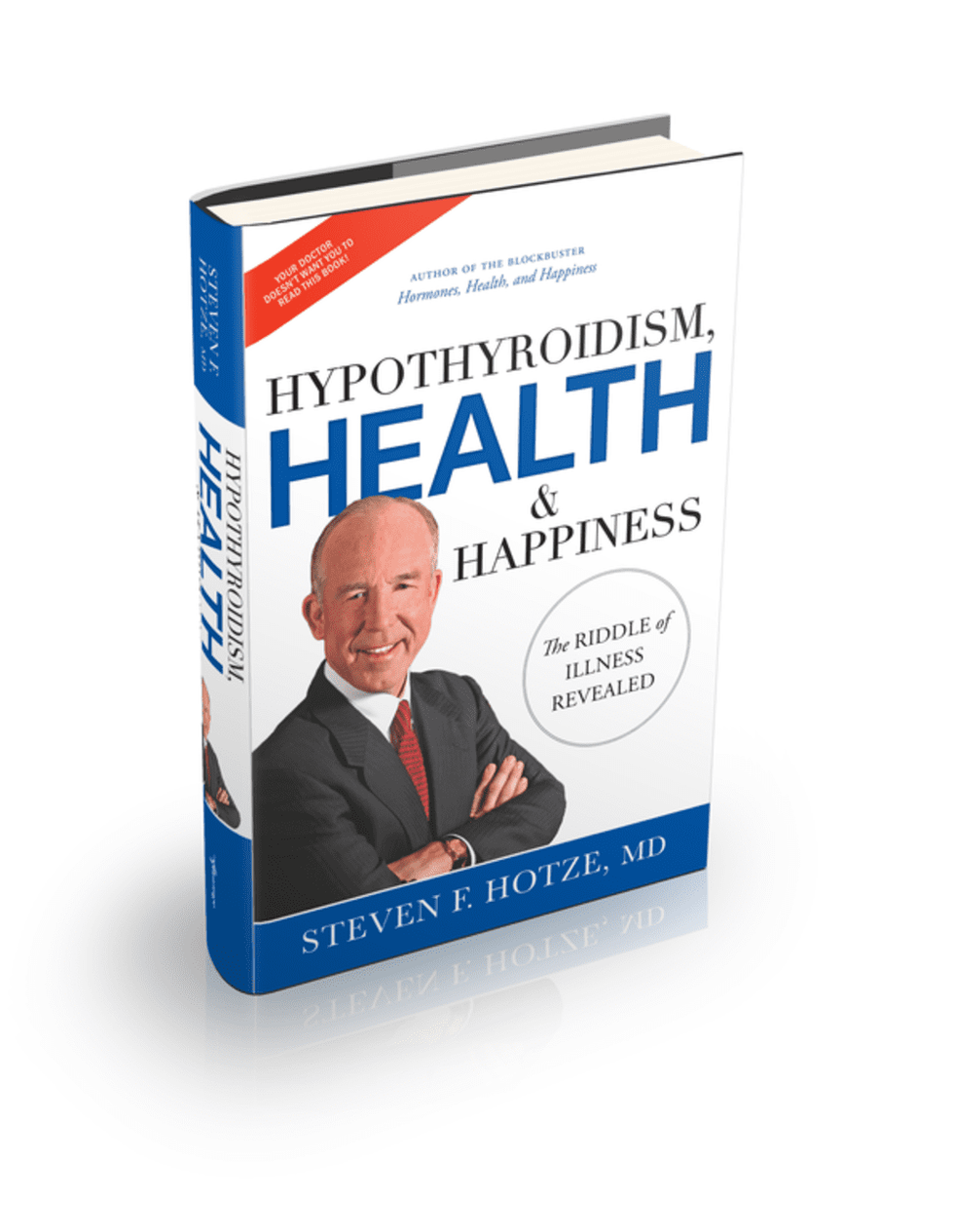Finding The Perfect Fit
Have your New Year's weight loss resolutions failed? It may not be your fault
The New Year is the ideal time to commit to a healthier lifestyle. Gyms offer discounted memberships, grocery stores clear away the holiday sweets to make way for green, leafy vegetables and everyone in the office is ready to add up their daily steps in an effort to make those weight loss dreams a reality.
Fast forward a few weeks, and those resolutions have often fallen off track or never really took flight, however it may not just be a matter of willpower. There are likely other factors standing in the way to achieving long-term weight loss. Dr. Steven Hotze, founder and CEO of the Hotze Health & Wellness Center, recognizes that what you’re eating is only one part of the weight loss equation.
Hypothyroidism, low progesterone/estrogen dominance, chemicals and toxins in the body and candida all play a role in making the weight loss journey bumpy. Poor food choices and too little exercise exacerbate the struggle, but Hotze recommends exploring all the reasons why losing weight seems to be a hopeless cause.
“Obesity is the result of a variety of factors such as our thyroid status, genetics, diet, and hormonal imbalance. Any one of these factors, combined with America’s insatiable appetite for processed foods and sedentary lifestyle, create a sort of Bermuda Triangle of disease,” Hotze said.
The thyroid often gets blamed for weight gain and that’s with good reason since it regulates the body’s metabolism and energy production. Low thyroid means slow metabolism, so no matter how little you’re eating, the weight still stays. Hypothyroidism should be determined based on symptoms and clinical history along with a specific blood test. Hotze then prescribes a custom hormone treatment according to each patient’s needs.
Progesterone deficiency leads to estrogen dominance which can slow the metabolism, causing weight gain. Custom bioidentical progesterone balances estrogen and promotes the assimilation of thyroid hormone into the cells, increasing metabolism.
No matter how clean one tries to live, toxins and chemicals are a part of life which affect the hormones and can often lead to weight gain, but Hotze suggests detoxifying the body periodically. The influence of candida, or yeast overgrowth, can cause bloating and weight gain, so avoiding sugar and introducing a candida-free diet to eliminate the yeast will kick weight loss into gear.
Diet does matter, regardless of losing weight or eating for health. Fast food is high in fat, sugar and calories, as well as chemical preservatives and Hotze warns against having them as part of the daily diet. Portion size and lack of exercise contribute to weight gain, but both are controllable.
For those who can’t bear the thought of a treadmill, Hotze suggests shaking up the workout routine with walking, jogging, cycling, aerobics, basketball, tennis, dancing, and swimming — movement that’s as good for your heart as your waistline.
If you’re still at a loss as to why the scale won’t budge, consider the following symptoms and how they may relate to weight loss difficulty:
-difficulty getting a good night’s sleep
-fatigue
-headaches
-difficulty concentrating
-depression
-irritable moods
-hair loss
-menstrual irregularities
-hot flashes
-muscle and joint pain
-mood swings
-hot flashes
-night sweats
-anxiety
Do these ring a bell? If so, your body may be telling you that a hormonal imbalance is at the root of your weight. Bioidentical hormones are the natural and personalized way to revive your waning energy stores and rev up your metabolism.
To find out more about making a healthy change, contact the Hotze Health & Wellness Center at 281.698.8698 or visit www.hotzehwc.com.



